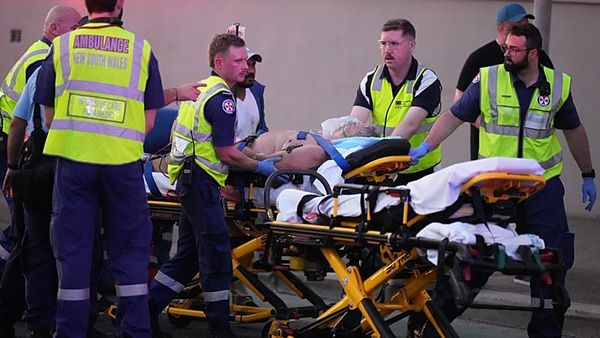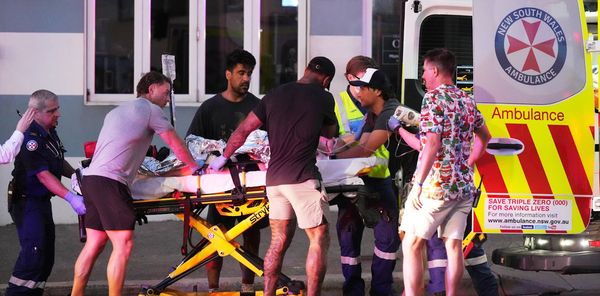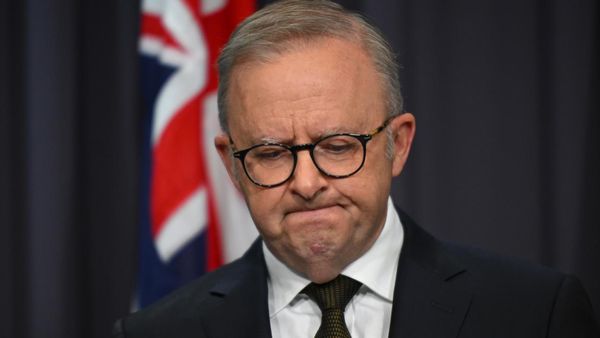
So the truth is out. For month after month, year after year, former police officers like me, and even disinterested observers, have been warning that our forces and those who run them risk losing the trust of the public.
Today comes tragic validation, and, if you listen closely, the sound of chickens coming home to roost. Her Majesty’s Inspectorate of Constabulary and Fire & Rescue Services, the authority in these matters, says police are failing victims of burglary and theft, and missing chances to catch thieves.
Andy Cooke, the chief inspector of constabulary, has spelt it out – and his findings are damning. The deficiencies are basic policing. “It’s not rocket science,” he says: evidence missed because police lacked digital forensic capacity, poor delivery of crime prevention advice and even a failure to preserve forensics.
It’s bad, but it merely reflects what many of us knew to be true. I have lost count of the number of times people tell me about their unsatisfactory experience of policing. They included politicians, journalists and, of course, former colleagues. As ever, the Met suffers most critical attention, but a key problem is the inconsistency, the nationwide postcode lottery that says the standard of service you receives depends on where you live.
I have personally experienced difficulties in getting the police to investigate crimes when I have intervened on behalf of vulnerable victims. Criminals masquerading as roofers scammed elderly victims of thousands of pounds, but police insisted it was civil matter, and it was left to a local authority to convict the fraudsters. Think on that. If I, as a former officer, who knows the system, the culture and the language, cannot elicit a satisfactory response on behalf of vulnerable members of the public, what chance do others have?
How have we reached this sorry pass? Well, in the first instance at least, follow the money. Let us not forget the 20,000 police officers and 18,500 police staff that were cut in England and Wales when Theresa May was home secretary and then prime minister. Indeed, in 2018, May implemented the most severe cuts across policing. The Police Federation pointed out that reducing police numbers would lead to crime increases. They were right. She said they were “crying wolf” (she later denied doing so, but the evidence is still there on YouTube). And in the meantime, as we know, the big, bad wolf has carried on breaking into all our houses without much fear of detection.
The crisis we now face will take money and time to deal with. Policing and effective investigation skills cannot be taught overnight. I was fortunate to have a six-month residential initial training course at Hendon Police College. Much of that estate has long been sold off, as much of the training was transferred online, and poorly equipped third-party trainers were given responsibility. The police are desperately trying to recruit but new police officers are leaving at an alarming rate: on average one in 10 new recruits leave within 12 months. The slick new recruitment adverts look great but they struggle to convey the difficulties of modern policing in a time of tight resources, when force leaders are subject to so much political pressure.
Law and order is catnip to politics. Remember Tony Blair’s mantra, “tough on crime, tough on the causes of crime”. Margaret Thatcher’s “short, sharp shock” also proved popular with the electorate. But in both cases, the effectiveness of the policies was secondary.
There was another political slogan. It was a Tory one: back to basics. In this case, that means properly funded forces fulfilling their remits as visible public servants, responding to public concerns and making communities feel noticed and safe. It’s time politicians and police leaders got back to those core concerns.
Dal Babu is a former chief superintendent in the Metropolitan police
Do you have an opinion on the issues raised in this article? If you would like to submit a letter of up to 300 words to be considered for publication, email it to us at guardian.letters@theguardian.com







